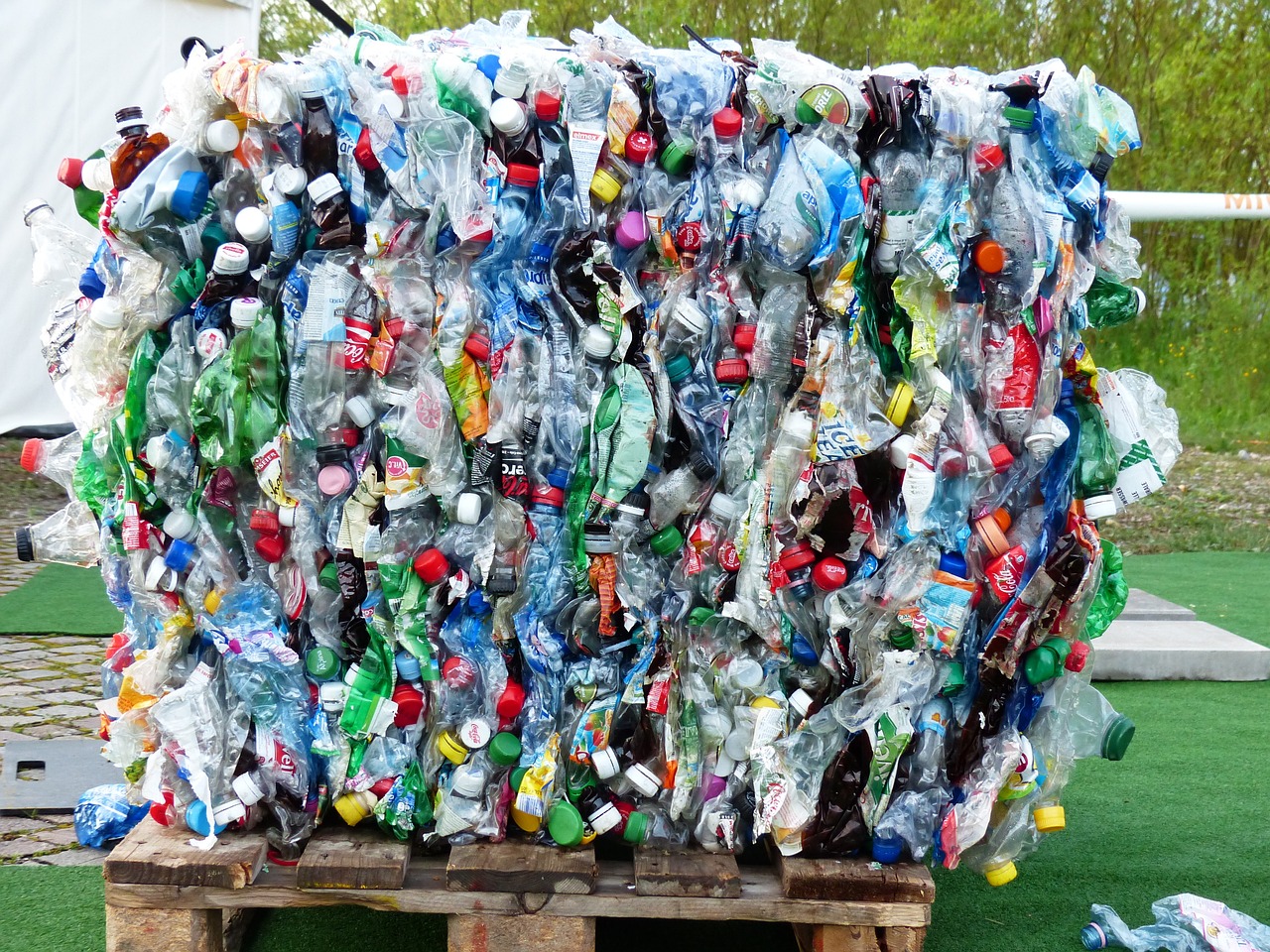Mechanical Recycling: How It Works and Why It Matters
by Justin Given at 09:00 in Circular Economy, Environmental, Packaging
Recycling stands out as a vital strategy to manage waste and to aid in the conservation of our resources. Within the spectrum of recycling methods, mechanical recycling is one of the most significant and most common. But what exactly is mechanical recycling, and how does it contribute to the bigger picture of sustainability?

What is Mechanical Recycling?
Mechanical recycling is the process of recovering and reprocessing plastic waste into new materials without altering the chemical structure of the polymers. As opposed to chemical recycling, which breaks down plastics into their basic chemical constituents, mechanical recycling aims to retain the original polymer chains. This method is extensively used for recycling the more common types of plastics, such as polyethylene terephthalate (PET), high-density polyethylene (HDPE), and polypropylene (PP).
The Mechanical Recycling Process
A basic overview of the mechanical recycling process involves the following main phases:
Collection and Sorting: The process begins with the collection of plastic waste from various sources, including households, businesses etc. Once collected, the waste is transported to a Materials Recovery facility (MRF) where it is sorted by type and colour. Proper sorting is vital due to different plastics having unique physical properties and melting points.
Cleaning: After sorting, it is required that the plastics are thoroughly cleaned to remove contaminants like food residue, labels, adhesives, and dirt. The cleaning ensures that the recycled plastic has a good purity level, which is essential for producing high-quality recycled plastic.
Shredding: The cleaned plastics are then shredded into small flakes or pellets. This reduces the size of the plastic pieces, consequently making them easier to handle and process in subsequent steps.
Melt Processing: The plastic flakes are melted and extruded to form new plastic products or raw materials. This step may involve additional processes such as filtration to remove any remaining impurities and additives to enhance the material's properties.
Pelletizing: Finally, the melted plastic is cooled and cut into pellets, which can be used to manufacture new plastic products. These pellets are often referred to as 'regranulate' and can be used in various applications, from packaging to automotive parts.
Advantages of Mechanical Recycling
Mechanical recycling remains the preferred choice of recycling for many plastics due to its low carbon footprint and effectiveness in minimizing overall environmental impact, it offers several benefits.
Waste Reduction
One of the most immediate benefits of mechanical recycling is its ability to divert plastic waste from landfills and incinerators. Instead of being disposed of as waste, plastics are processed into new products or raw materials. This process not only reduces the volume of waste going to landfill but also reduces the pollution and environmental degradation often associated with improper disposal.
Resource Conservation
Mechanical recycling preserves valuable natural resources by reusing and recycling existing plastic materials. Plastics, which originate from non-renewable sources like petroleum, are conserved through recycling instead of being disposed of. This effort extends the availability of these resources for future generations and diminishes the environmental impact associated with their extraction and processing.
Economic Benefits
The recycling industry, including mechanical recycling, contributes significantly to economic growth and job creation. By transforming waste into valuable resources, mechanical recycling supports a circular economy model where materials are continuously reused and add economic value at multiple stages of the recycling chain. This economic activity ranges from collection and sorting to processing and manufacturing, providing employment opportunities across various sectors.
Weaknesses in Mechanical Recycling
Mechanical recycling faces several challenges. There can be issues with contaminants such as food residues, labels, and other non-plastic materials which will hinder the recycling process. Recycled plastics can sometimes have lower quality compared to virgin plastics. Repeated recycling of materials can potentially degrade it's properties which in turn limits its applications. Innovations in recycling technologies are needed to improve the quality and durability of recycled plastics. There must also be sufficient market demand for products made from recycled materials.
Encouraging the use of recycled materials through policies and consumer choices is crucial. Policies such as EPR will be important in promoting the use of post-consumer recycled plastics in material through eco-modulation where there are financial benefits for the inclusion of recycled content in products/packaging.
Additionally, not all types of plastics are easily recyclable through mechanical means. Some complex and multi-layered plastics pose significant challenges, requiring advanced recycling technologies or alternative methods.
Mechanical recycling is a cornerstone of sustainable waste management, offering a practical and effective way to recycle plastic waste into valuable new materials. By reducing waste, conserving resources, saving energy, and creating economic opportunities, mechanical recycling contributes significantly to environmental sustainability. However, to address the challenges it faces requires ongoing innovation, collaboration, and support from governments, industries, and consumers alike. As we continue to advance recycling technologies and practices, mechanical recycling will play an increasingly vital role in effective waste management.
If you would like to know more about how this topic might impact your products and packaging, please contact us to talk to one of our consultants.
 Click here to receive regular updates on blog posts, webinars, and regulatory changes directly to your inbox
Click here to receive regular updates on blog posts, webinars, and regulatory changes directly to your inbox

